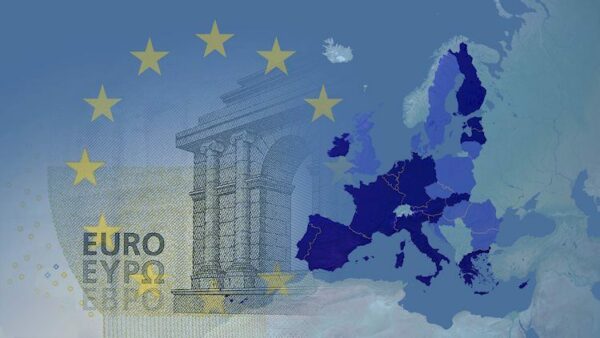Eurozone Services PMI Falls, Raising ECB Rate Cut Bets Amid Economic Weakness

According to the PMI Survey,
Demand for services declined for the first time since February.
Employment levels rose further but were weaker than the long-run average since records began in 1998.
Services inflation softened across the services sector. Input costs and output prices were the softest in 42 and 41 months, respectively.
Business confidence improved but remained subdued compared to historical levels.
Germany Lags Behind in the Euro Area the Composite PMI Table
Germany, once the Eurozone’s economic powerhouse, found itself at the foot of the Composite PMI table, highlighting its economic struggles.
Germany’s Composite PMI Index fell to a 7-month low of 47.5, while Spain’s Composite PMI increased to a 4-month high of 56.3 in September.
ECB Is Dependent on Data
September’s PMI could add to speculation about a possible October ECB rate cut. The services sector has been a key driver of inflation. Waning service sector activity, the downward trend in prices, and the Eurozone’s recent inflation figures align with rising hopes of further ECB monetary policy easing.
Expert Views on the Eurozone Services Sector and ECB Rate Path
Hamburg Commercial Bank Chief Economist Dr. Cyrus de la Rubia commented on the Services PMI data, saying,
“The situation in the service sector in the eurozone will continue to deteriorate. This is indicated by the decline in new business. For the first time since February, it has fallen in the eurozone compared to the previous month. The development in Germany and France is similar. Factoring in the ongoing contraction in industry, the eurozone economy is likely to have grown only at a marginal rate in the third quarter. Our GDP nowcast model, which takes into account the PMI indicators, also points to only minimal growth.”
This article was originally published by a www.fxempire.com
Read it HERE







